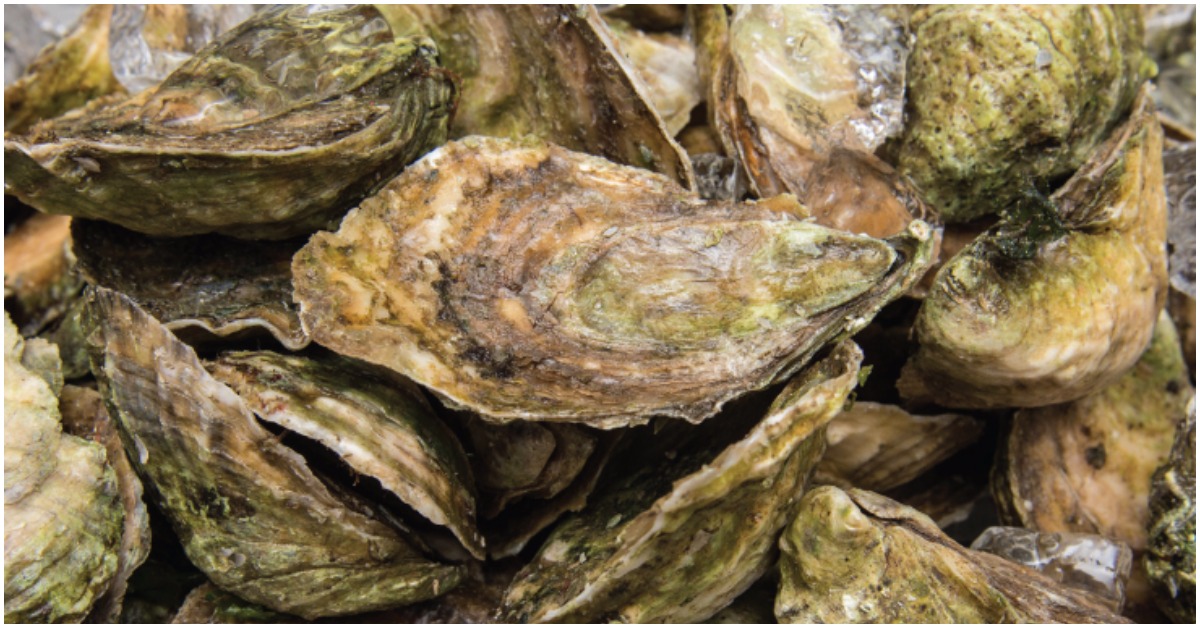While the debate continues to rage on about climate change, one thing that has been confirmed to be generally bad for our environment is the amount of methane being released into the atmosphere.
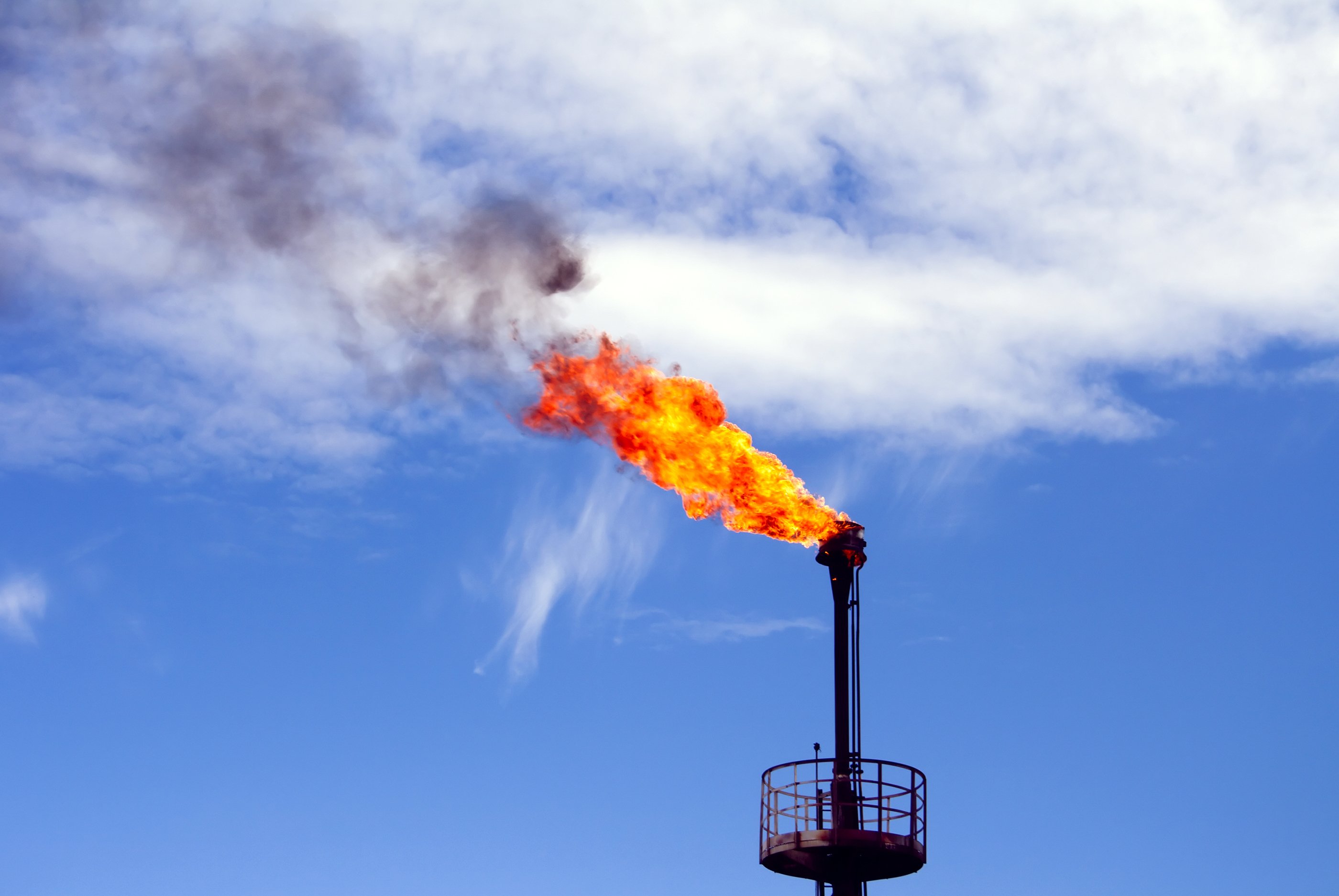
Methane, a gas produced via many different means (including human flatulence) has been linked by several researchers to the increased degradation of the ozone layer, and as such has been the subject of a lot of speculation as to ways to reduce it.
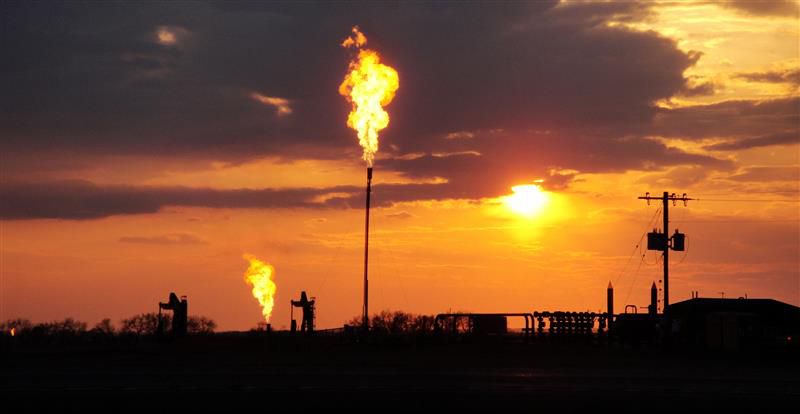
While there are increasingly strict restrictions placed on machinery and industrial processes that produce methane, one of the biggest contributors to the amount of it being released (and one that scientists are still heavily debating with world governments to this day) is the livestock that we eat.
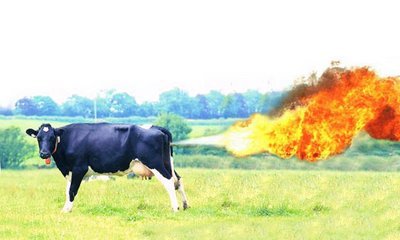
In particular, cows produce quite a bit of methane, and as our population swells, the amount of beef consumed worldwide is now being investigated as possibly one of the biggest dangers to the overall health of our world's climate.
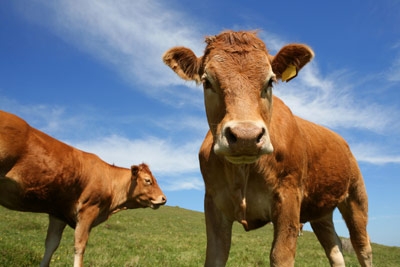
However, researchers have begun to discover that there might be another, more surprising contributor to the methane problem: shellfish, especially oysters.
A study recently published in the Scientific Reports journal shows that oysters, mussels and clams produce a tenth of the methane and nitrous oxide gases in the Baltic Sea because of their digestive systems.
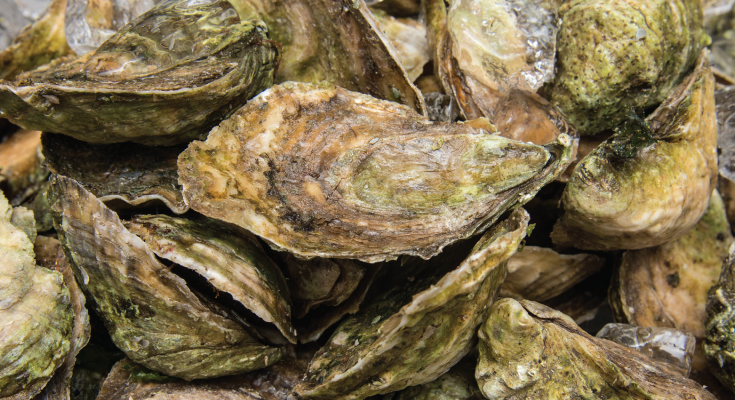
Because of the increased amount of synthetic fertilizers in farming, a lot of the minerals from these fertilizers are finding their way into ocean waters. This means that these creatures are absorbing more and more minerals and nutrients; their digestive systems are working overtime and producing more methane than ever before.
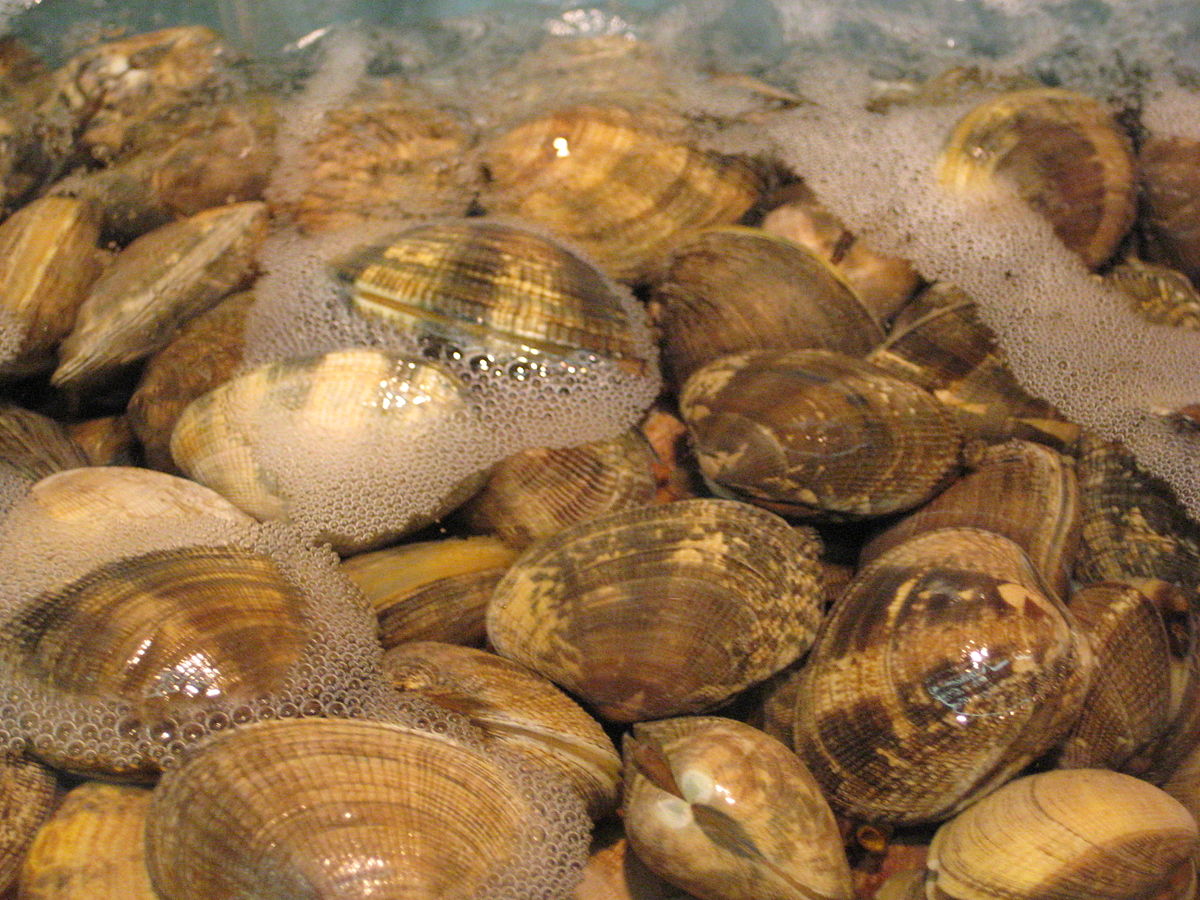
Apparently this is also being made worse by the constantly-increasing demand for even more aquatic food production, meaning this could all become a very serious issue in the not too distant future.
I didn't even know shellfish produced methane at all! Did you?
